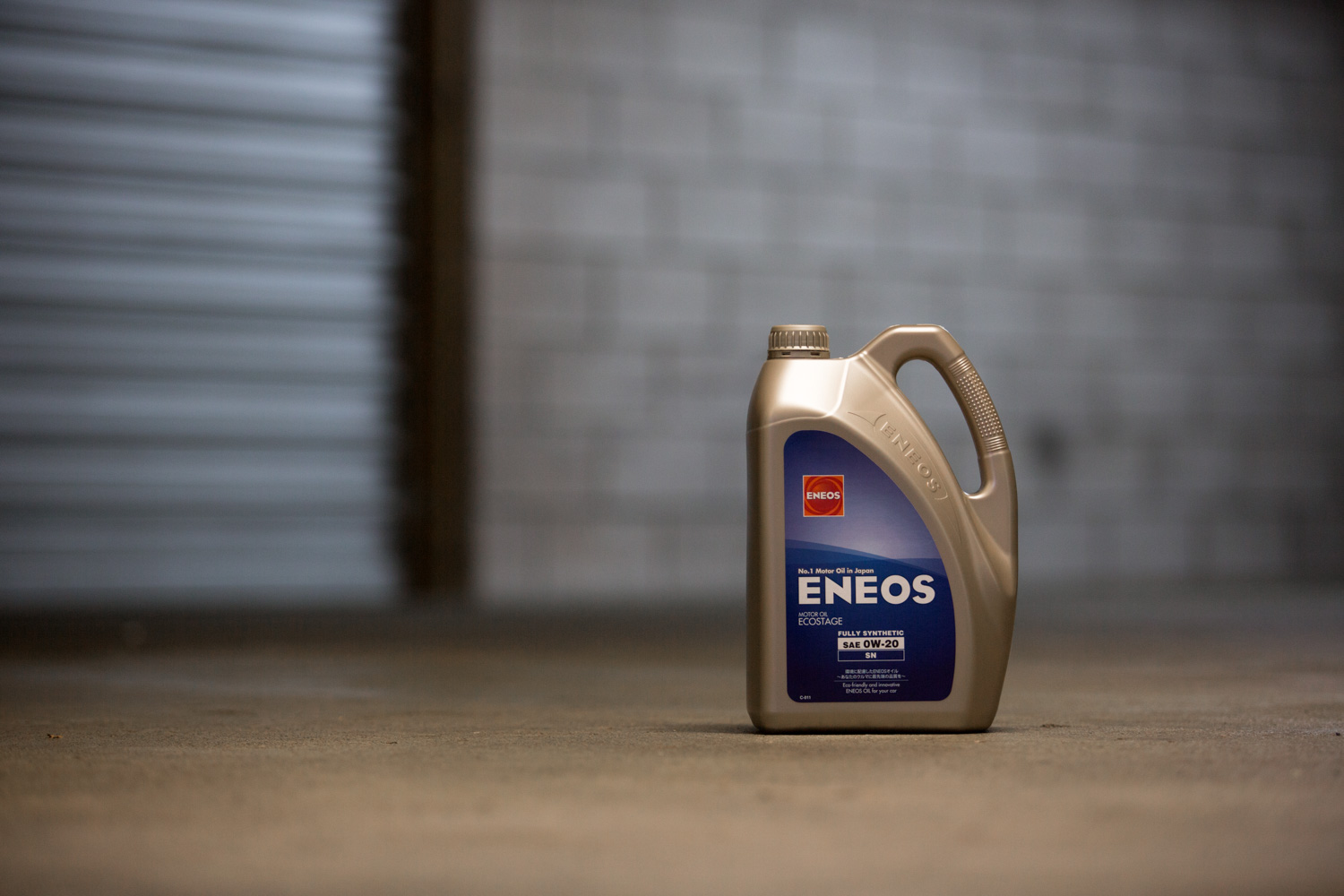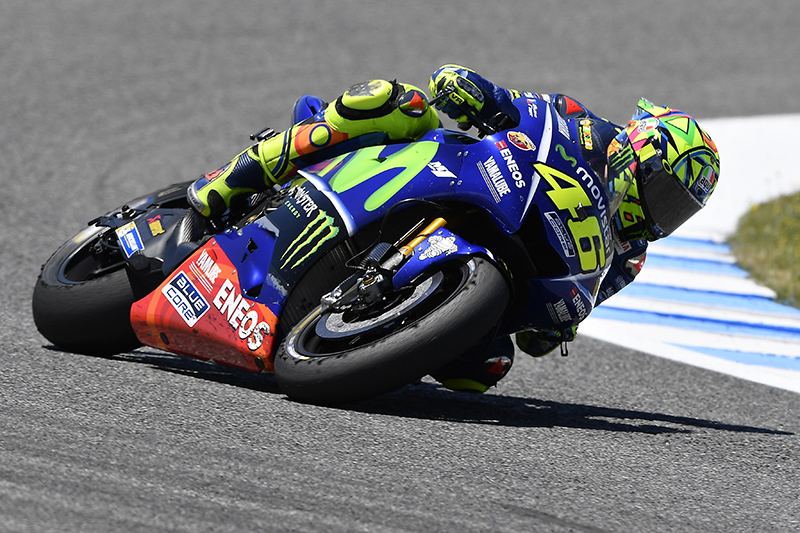For a little island nation in the Pacific, there’s no shortage of automotive lubricant choices. Just when you thought we had our pick of the world’s major oil brands, a new player has entered the market. Although not so well-known locally, this new player is, in fact, Japan’s largest.
Eneos Oils is a household name in Japan. It’s produced by JX Nippon Oil, which is the primary factory-fill supplier for brands such as Toyota, Honda, Nissan, and other Asian manufacturers. This means that Eneos, arguably more than any other brand, specializes in modern lubricants for Japanese engineering.
Like any quality oil manufacturer worth its salt, Eneos boasts a serious pedigree in racing. We’re not talking slapping stickers on a few backmarkers to get the name out there; Eneos’ heritage is in technology partnerships with some of the most highly regarded teams in the world’s most competitive realms of motorsport. The brand has enjoyed a long-running relationship with teams in Japan’s Super GT series and has also proven itself on two-wheels’ most fierce battlefield: Moto GP — Eneos is factory supplier to Team Movistar Yamaha, supporting rider Valentino Rossi. In addition, Eneos is also the lubricant partner for BAR Honda F1, Chip Ganassi Racing’s four-car Nascar team, Formula Drift driver Daijiro Yoshihara and his BRZ, along with Steve Arpin’s Ford Focus in Global Rallycross.

Here on home soil, Eneos is also eager to build that motorsport connection and prove its product in our harshest racing environment — the brand has been confirmed as naming-rights sponsor of the North Island Endurance Series, which kicks off this month in Taupo.
Eneos specializes in synthetic, high-performance oil products. While it is primarily focused on building its engine-oil business in New Zealand, drivetrain products with a specific focus on Japanese vehicle applications are also headed our way. The Eneos range also covers mineral and blended oils, while a cornerstone product for Eneos is its 0W-20 synthetic engine oil, a viscosity favoured heavily in Japan for its super low friction.
The reason that such low viscosity oil, which was once the domain of highly strung engines, has risen in popularity with automakers is that a lower viscosity ensures less of the engine’s energy is wasted on overcoming internal friction. This gives both improved fuel-efficiency and, in our eyes, the more important benefit: extra power. The same theory applies in highly strung naturally aspirated engines when controlling oil pressure.

Eneos’ national sales manager Shingo Hoshino pointed out that the New Zealand market is yet to embrace 0W-20 oils: “5W-30 appears to be the more popular grade, which was a really interesting observation for us. It’s certainly not the trend we see in Japan.” Hoshino said he sees an opportunity to educate New Zealand consumers on the benefits of sticking with the 0W-20 viscosity oil specified by most Japanese vehicle makers; “Eneos, as Japan’s number one oil, is an appropriate brand to do that.”
Currently, Eneos is available through a select group of independent service centres, but there are plans to expand the product range and retail outlets soon.






